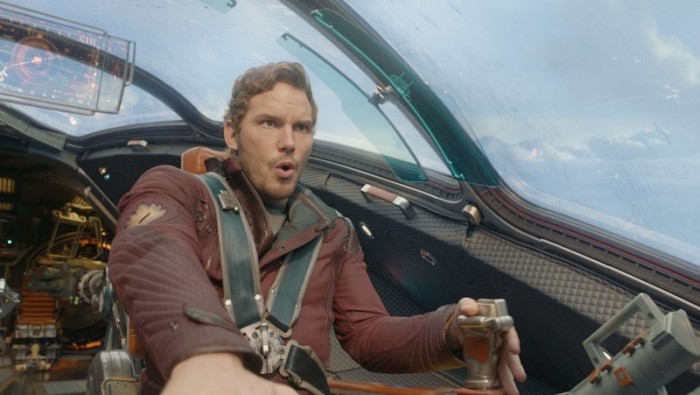
With weak performances at the US box office over the course of the this summer, it’s not a surprise that the final box office total gross from May to August is only $4.1 billion. That is 15% down from summer 2013 ($4.75 billion) and the lowest total since 2006 ($3.37 billion). And if we adjust for higher ticket prices and estimate the number of tickets sold, we end up with the weakest summer since 1992, when we had 400 million admissions compared to this summer’s 500 million.
These grim figures have sent pundits scratching their heads this week, trying to figure out what went wrong, and some reaching foreboding conclusions, predicting the end of the Hollywood as we know it and suggesting that kids are so preoccupied with video games and social networking in the comfort of their bedrooms that they have neither the time nor the energy to make the journey to cinema theatres. These gloomy predictions sound like a plot from a dark Hollywood movie, but do they match reality?
Numbers don’t lie, but let’s not forget that unlike last summer, when we witnessed the slaughter of gigantic blockbusters, such as White House Down, After Earth, Pacific Rim and The Lone Ranger, this summer was relatively bloodless. Bruised and wounded from last summer’s calamities, Hollywood studios have tightened their belts, eschewed originals and deluged the market with it box-office safe sequels. The strategy has paid off. There wasn’t one single tentpole flop this summer and all the sequels, except Expendables 3, which was a victim of piracy, made a profit. So where is the problem?
For a start, for the first time since 2001, none of these sequels grossed more than $300 million in the box office. Perhaps there is indeed a sequel fatigue, because audience flocked in droves to see an original blockbuster, The Guardian of The Galaxy, which topped the box office with $253 million and is predicted to pass the $300 million mark. Hence, it’s reasonable to suggest that had Pixar released its new originals, Inside Out or The Good Dinosaur, this summer, the box office would’ve fared better.
In fact, this summer didn’t offer any of Hollywood’s mega-franchises, with several studios pushing the release of their flagship movies to next year, such as Fast and the Furious 6, Avengers: Age of Ultron, Jurassic Park reboot and Fantastic Four. With titles like these, the box office is sure to rock and roll.
Of course, there could be other factors that kept the audiences away from theatres this summer. With football becoming popular in the US, millions of Americans were glued to their TV watching the World Cup in late June and early July, the hottest summer time for Hollywood movies. Furthermore, wars in the Middle East and Ukraine may also distracted moviegoers with the daily supplies of gruesome images that movies don’t dare show.
But the most pressing question is: Is the US box office still relevant with nearly 75% of the global box office intake coming from the international market? In fact, Hollywood is so reliant on overseas markets that it invest more in selling its movies there than in the US. Hence, a 15% fall in total gross is a small drop in a big ocean. With production cost down and expanding international market, Hollywood continues to be a profitable enterprise.